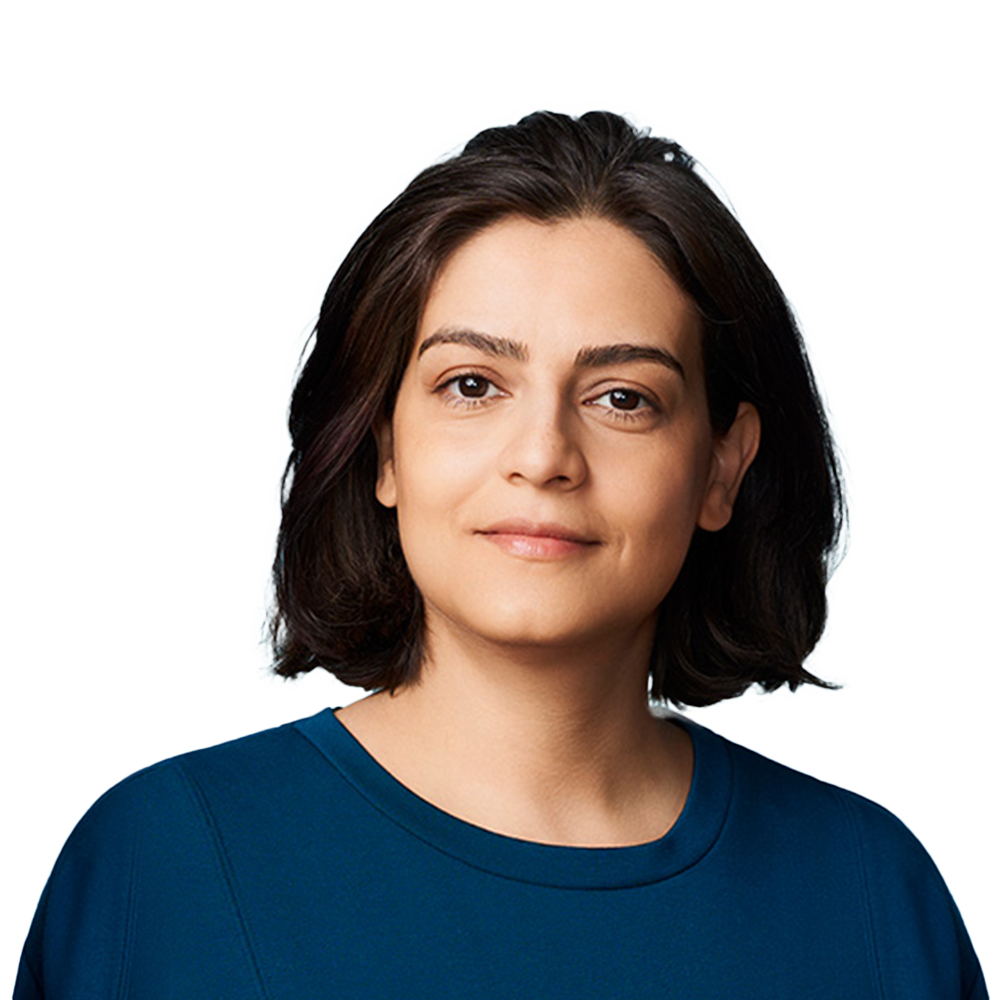The explosion of large language models (LLMs) like ChatGPT has made it easier than ever for individuals to quickly gain information or generate content, such as articles and images. However, it has also created more opportunities for malicious actors to create high-quality, believable misinformation or fake content.
Reihaneh Rabbany, a Canada CIFAR AI Chair at Mila and assistant professor at McGill University is using LLMs to detect misinformation. Rabbany, along with her co-Principal Investigator Jean-François Godbout, is creating a user-facing app that will be able to verify the authenticity of online information. The app will be available to the public, with a prototype expected in March 2025.
“The way that we act and make decisions in society is highly influenced by the information we receive,” says Rabbany. “In the context of COVID, for example, we saw the impact of information that people would see online on whether they became hesitant or willing to take measures like vaccines, which could affect life and death outcomes.”
Many people take information online at face value; a recent IPSOS-UNESCO survey found 50% of people trusted information found on social media. Rabbany highlights that public belief is often shaped by what people see online. This is particularly important in the political context, she says, because the decisions politicians make and how we function as a society are often based on public opinion.
The project aims to equip people with the tools to make more informed decisions and receive higher-quality information. The app will have a search function for users and give the LLM access to the open web to retrieve documents or news sources. Though the app could theoretically be used for any kind of information, the project will be trained and evaluated in the context of political events and elections in Canada over the next two years.
While this project is based in Canada, Rabbany says the academic work is globally transferable. She and her team hope to develop long-term international collaborations, expanding the app’s usability and impact, particularly with the United States.
Rabbany and Godbout first came together on this topic in 2020 on a project funded by a CIFAR AI Catalyst Grant titled ‘Being politic smart in the age of misinformation.’ Rabbany cites the importance of CIFAR’s support sparking this project, saying:
“The Catalyst grant gave us the kickstart to bring the team together and fund the first two years of our collaboration. With that support, we were able to secure more funding, grow the team and take the project to the next level.”
Reihaneh Rabbany, Canada CIFAR AI Chair, Mila
